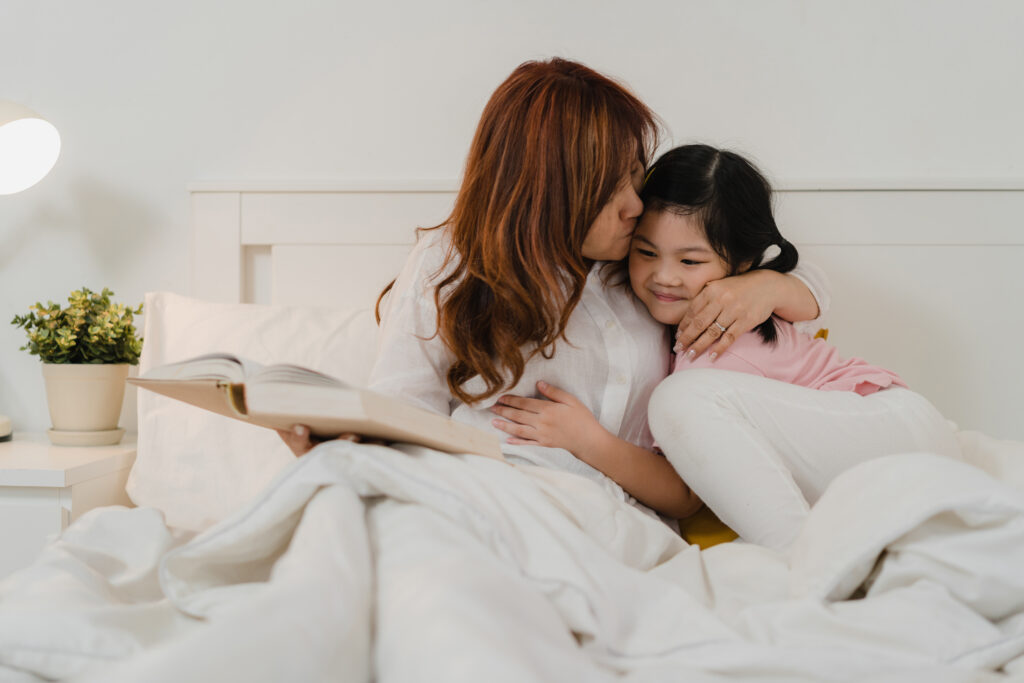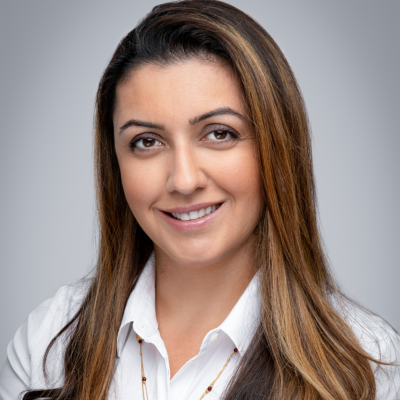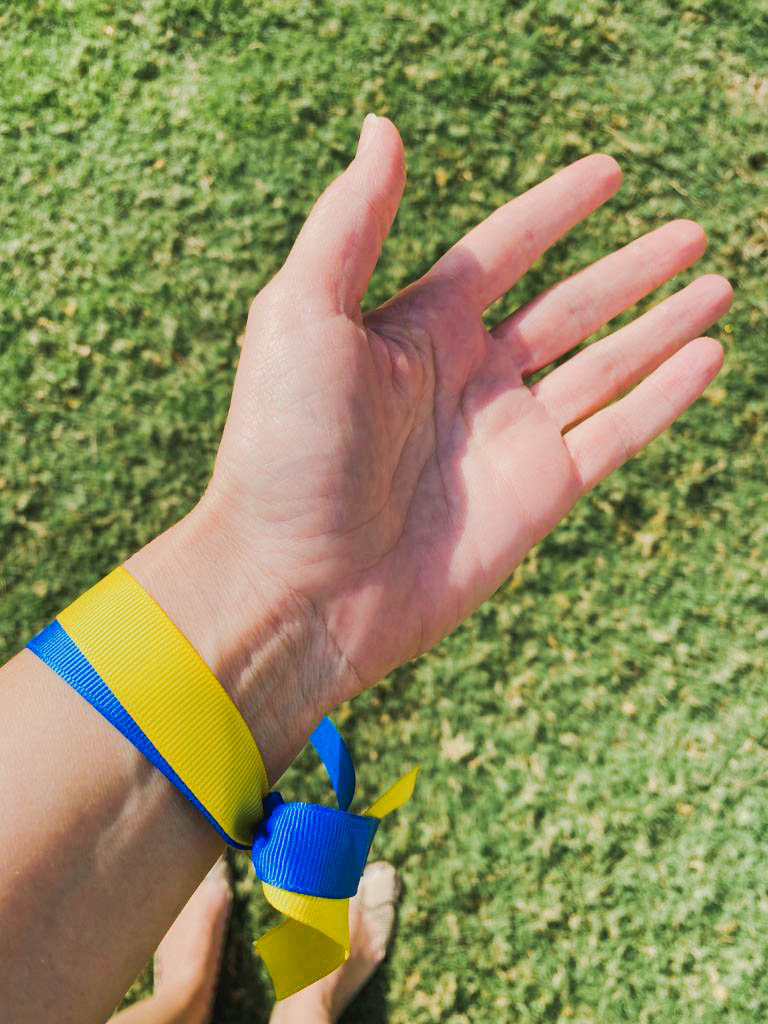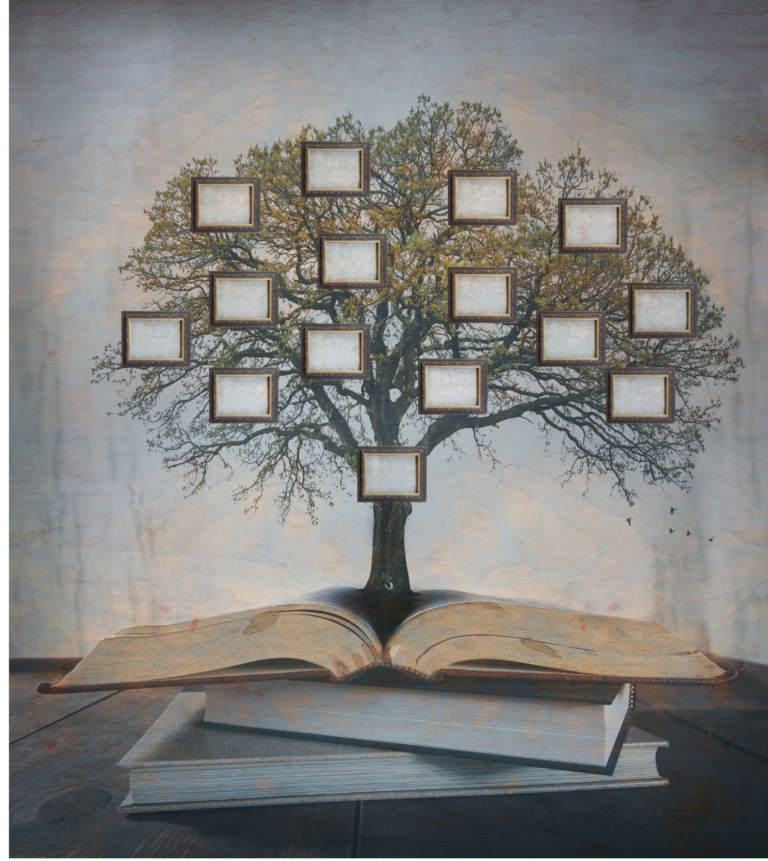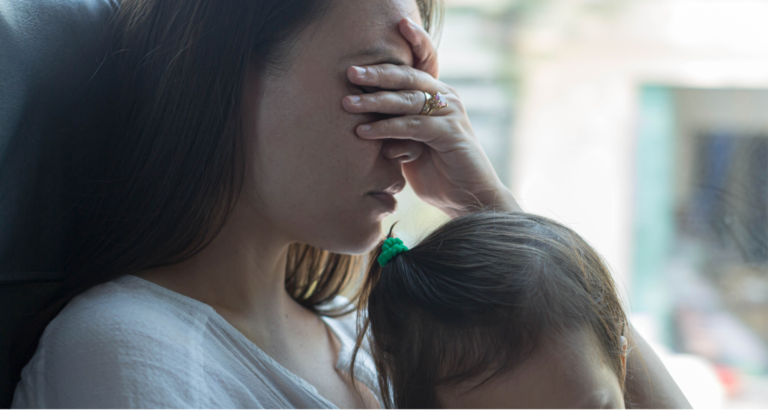At Aurelia Psychology’s book clinic we answer common questions by offering reading suggestions. We suggest books you can learn from and books that can help you heal. Some books will help you grow stronger and develop into the person you want to be. As a parent you read parenting books to learn to understand your child better. However, you can also read books together with your child. You can use stories as tools to help your child.
Question: My child asks a lot of “What if?” questions, how can I ease them?
When children seek reassurance
When a child asks “What if?” questions they are seldom asking you to answer a factual question. They are not literally wanting to know what will happen if you die or if the sea levels rise. Instead, they are seeking reassurance. As long as you continue answering the questions as if there is an answer that will reassure your child, you will find yourself in an endless question and answer loop. Your child’s anxieties will not be eased and you will feel exhausted.
Instead, help your child talk about what is behind their question. Help them identify what they are feeling. If they are worried don’t make false promises but give them emotional reassurance.
You can, for example, answer the “What if?” question with an observation that invites your child go a little deeper into their experience. For example, try “You look a little bit anxious. Can you feel it in your body?“ Or you can ask a question that clarifies the question they are asking, such as “Are you worried about losing me?“
The importance of emotion coaching
Children need to learn how to identify and label their emotions with words. In order for you to be able to teach these skills to your child, you need to become aware of their emotions. You need to listen and validate their feelings. Also, you need to teach them how to deal with upsetting situations. An emotion coaching parent helps their child navigate through emotions. To learn more about how children’s minds work, consider reading the Whole Brain Child by Daniel Siegel and Tina Payne Bryson. The second book we suggest you read is Marc Brackett’s excellent book Permission to Feel on emotional intelligence.
Facing fears safely
Sometimes feeling a little bit scared can be energizing and exciting. Anticipating something scary to happen is oddly rewarding. Aaron Reynolds’ Creepy Carrots! has just the right balance of funny and scary. Peter Brown has illustrated the book. Another good book is Jon Stone’s The Monster at the End of This Book: Starring Lovable Furry Old Grover. Your child can enjoy the thrill of being scared. The illustrator is Michael Smollin.
Julia Cook’s Wilma Jean, The Worry Machine is a good way to open up a dialogue about anxiety. You can discuss how your child experiences anxiety physically in their body. You can also together think of ways to manage anxiety. Anita Dufalla has beautifully illustrated the book.
Books for older children
Older children can read books that allow them to explore difficult experiences and emotions from the safety of their own lives. We recommend you read these books as well. If your are selecting books for your child in order to help them manage their anxieties, you will want to be able to discuss them together.
Here are three suggestions suitable for ages 10-13. Our first suggestion is Beverly Naidoo’s The Other Side of Truth. It is an inspiring story about 12-year-old Sade, a displaced Nigerian girl in London. Sade shows great courage while facing adversity. Our second reading suggestion is Kit’s Wilderness by David Almond. The book explores themes such as darkness and death. And our final suggestion is Thannhà Lai’s Inside Out and Back Again. In free-verse poem Lai tells the story of Ha, a 10-year-old girl. Ha is forced to escape the Vietnam war and she finds herself in the US. This story is about finding joy after a traumatic experience.
If you happen to have a child who asks “What if?” questions out of intellectual curiosity, Google is a great place to start. You could even go on that journey together and say let’s find out together. This way you can have a dialogue about it. You will also gain more insight about where their curiosity is rooted and what interests they have.
Matleena Vanhanen is a licensed Counselling Psychologist with over 20 years of experience working in Europe and the Middle East. She has a practice of couples and individual therapy at the MapleTree Center in Dubai.
Dr. Ava Ghasemi (Holdich) is a licensed Psychologist with 11 years experience in the U.S., Canada and the Middle East. She has a practice of individual and couples therapy at the MapleTree Center in Dubai.

